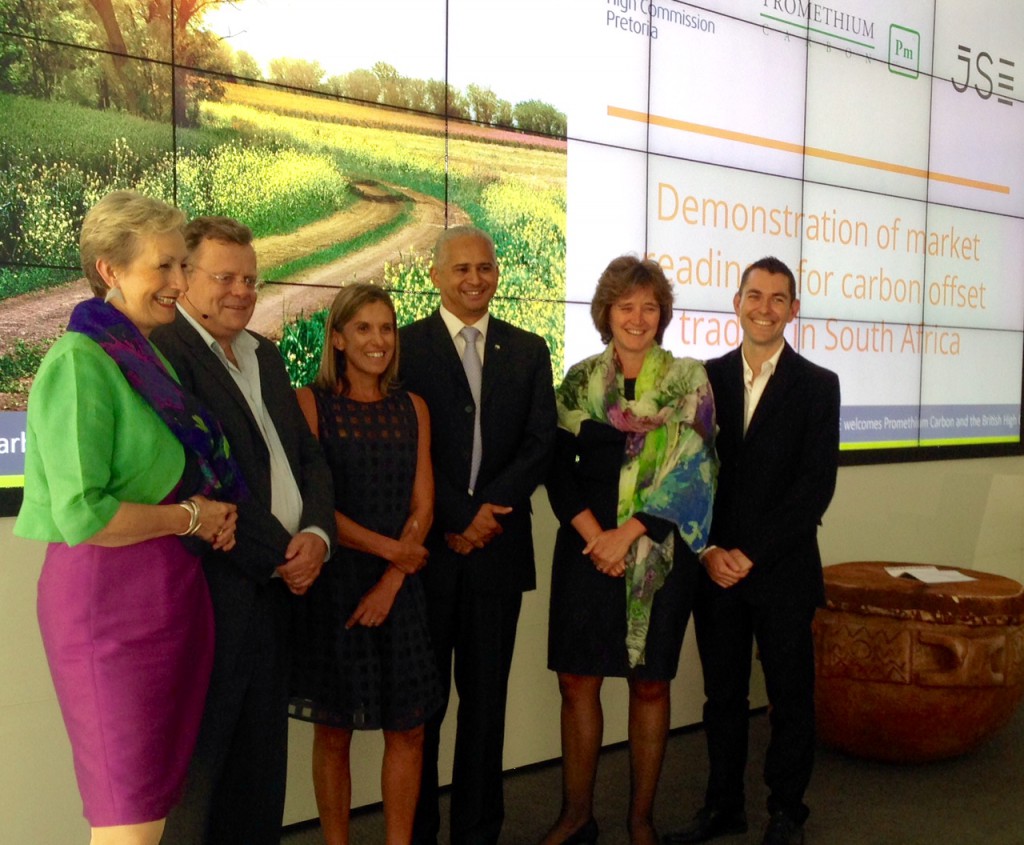This week the UK Government launched the Global Calculator, a free and interactive website that allows anyone to test out different solutions to climate change and find out what it really takes to stop global warming. Climate change often feels like such a massive and nebulous problem, and so for me it has been fascinating to tinker with the tool and get a sense of what we actually need to do to make a difference.
The good news is that the Calculator shows that tackling climate change doesn’t have to come at the cost of jobs and development. If we change how we power our lives and economies, we can still secure better lifestyles with enough food and shelter for everyone.
This is such an important message for a growing country like South Africa, as it shows that this isn’t a choice between protecting the planet and growing the economy. The two are compatible.
The New Climate Economy report that came out last year echoed these findings, showing the huge opportunities for emerging economies to develop in a sustainable way and the benefits this would have for everyday people. For example, investing in public transport can reduce carbon dioxide emissions but can also prevent people from the daily misery of long commutes sitting in traffic jams.
The Global Calculator builds on work between the UK Government, the South African Department of Environmental Affairs and the University of Cape Town to build the 2050 Pathways Calculator, which they will use to inform policy and help educate people about the country’s energy system. A number of other countries are now working on their own Calculators. Making evidence easier to access will no doubt help fuel a more informed debate about these issues.
These Calculators help demonstrate the urgency for countries, businesses and individuals to act to prevent climate change. And so, as part of a UK Prosperity Fund project with Promethium Carbon, I was especially proud to join business leaders and climate experts for a demonstration of a carbon trading platform at the Johannesburg Stock Exchange yesterday. Carbon trading is an important step toward the South African Government’s goal to reduce carbon emissions, and I was impressed that major South African companies like Nedbank and Sanlam are stepping up to help make carbon trading a reality in the Rainbow Nation.
As countries around the world prepare for climate negotiations in Paris in December, it’s more important than ever that the UK and South Africa continue to work together. With tools like the Global Calculator and the demonstration of a viable carbon trading scheme, we can translate the risks into opportunities to secure a sustainable and prosperous future.

